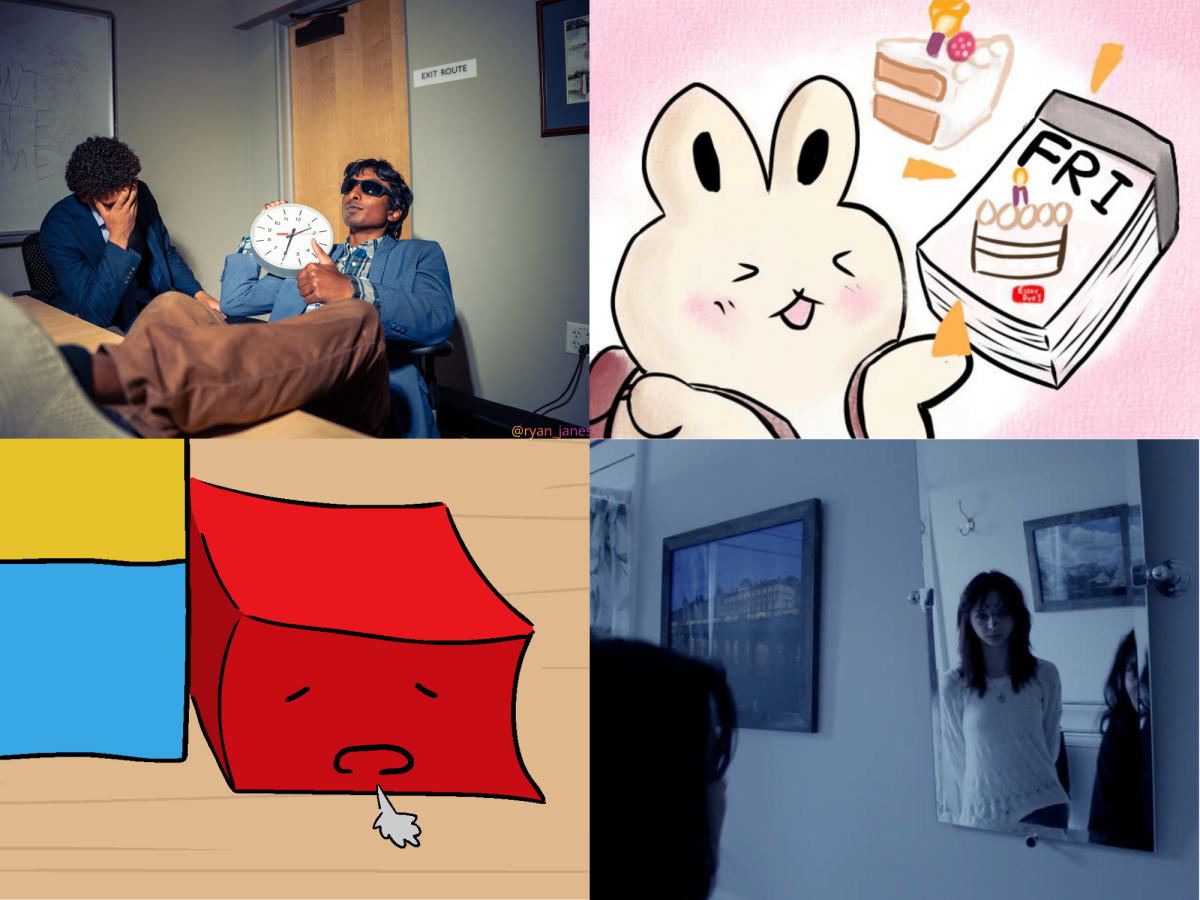The murder victim enjoyed speed dating, having had multiple dates right before his death. Horatio Caine glances up from the body, whips out his sunglasses, perches them on his nose and calmly stares at the camera. The words tumble out of his mouth, “You know what they say, Frank, speed kills.” It’s almost cringe-inducing.
Imagine every episode of a crime show starting off with a cheesy one-liner like this making you want to turn the tv off and chuck the remote out the window. While cheesy one-liners may ruin a show, the most important make-or-break aspect is the plot. After all, what’s a show without a good plot?
Nothing, at least nothing worth watching. There’s a limit to how many episodes and seasons a show can have before things start repeating because unless some aliens decide to invade Earth, there aren’t that many variations of a crime. Viewers are constantly given the same plots in new packaging, maybe this time with a little bow and the next time a different colored wrapping paper. There’s the you-cheated-on-me revenge killers, the psychopathic murderers, the I’m-only-trying-to-protect-someone liars. Between all the different series and spin-offs, there’s bound to be overlap between plotlines.
After all, “Crime Scene Investigation (CSI)” has had three versions: Las Vegas, New York and the recently-cancelled Miami. There are six different series of “Law and Order”, only two of which have survived. All of these shows are based off only two original ideas. Producers feel the need to create spin-offs once the original show gains popularity because the more shows you create, the more views you gain and the more income you generate. Soon enough, the plots are being traded between shows over and over because they have to maintain all of these crime shows, especially since all of them have already had multiple seasons.
To make it even worse, there are even more crime shows that never gained the “CSI”/”Law and Order” level popularity and are cancelled to go down in not-so-successful crime show history. The list includes but isn’t restricted to shows like “Without a Trace” and “Cold Case.” But television companies and production crews still crank out crime shows non-stop, no matter the critical reception to past shows.
The reason why we’re so attracted to crime shows is that in a world where things don’t always fix themselves so cleanly and neatly, crime shows do. In under an hour, viewers are introduced to a crime, brought through the process of solving it, and then the victims or affected characters can move on with justice served.
It almost never happens in the real world of real detectives and real crimes, and it’s nice to watch some of these scenarios wrap up cleanly with a good ending. Technologically-advanced machines can solve half of the crime for the detectives and then there’s good old fashioned police work that uses logic, some reasoning and a dash of luck.
Don’t lose hope yet for crime shows that don’t seem to have enough of those qualities but instead have copious amounts of cheesy one-liners and repetitive plot lines. With every batch of bad comes a little bit of good and television is no different.
“Criminal Minds” focuses on the mindset of the criminal as per the title, instead of the crime itself. The show delves into the past of the criminal to explain why the unsub, or unknown subject, would act in such ways and uses that information to predict their next move. Add some interesting characters, like a genius with an eidetic memory and a hacker that isn’t standard FBI material, and you got a good show on your hands.
Or even better, take a story that everyone knows of but not necessarily knows and make it modern. “Sherlock”, a British show broadcasted by PBS in the United States, follows the characters of Sherlock Holmes and John Watson from Sir Arthur Conan Doyle’s books. With hour-and-a-half long episodes, the show has only broadcasted two seasons, each with three episodes.
What makes this show different from the rest is that fact that it concentrates on the thinking process that Sherlock goes through and the logic that he employs. The usage of on-screen typography to explain what is seen by Sherlock but not elaborated on out loud and the relationship between Sherlock and John, played by Benedict Cumberbatch and Martin Freeman respectively, create a show that will keep you watching until the very end.
With shows like “Criminal Minds” and “Sherlock”, there’s still some hope out there for crime shows. Next time you reach for that remote control, don’t get too saddened by the lack of good plots and character development. Just keep your eyes out for the good ones. Soon enough, the overwhelming flood of crime shows won’t be too much to handle because you’ll know which ones to watch and which ones to ignore.
CSI: Consider Switching In-Season Shows
September 25, 2012
Story continues below advertisement
0
More to Discover







